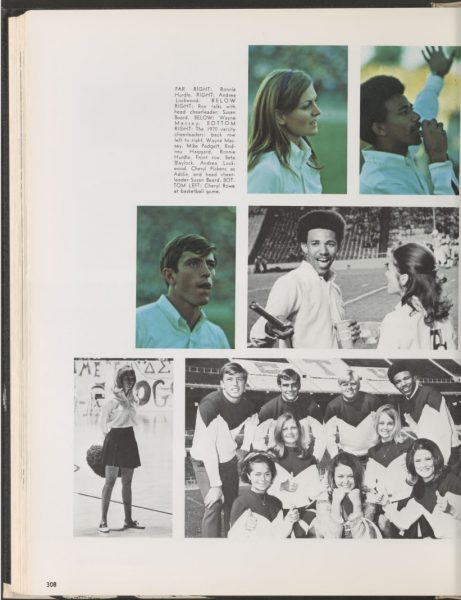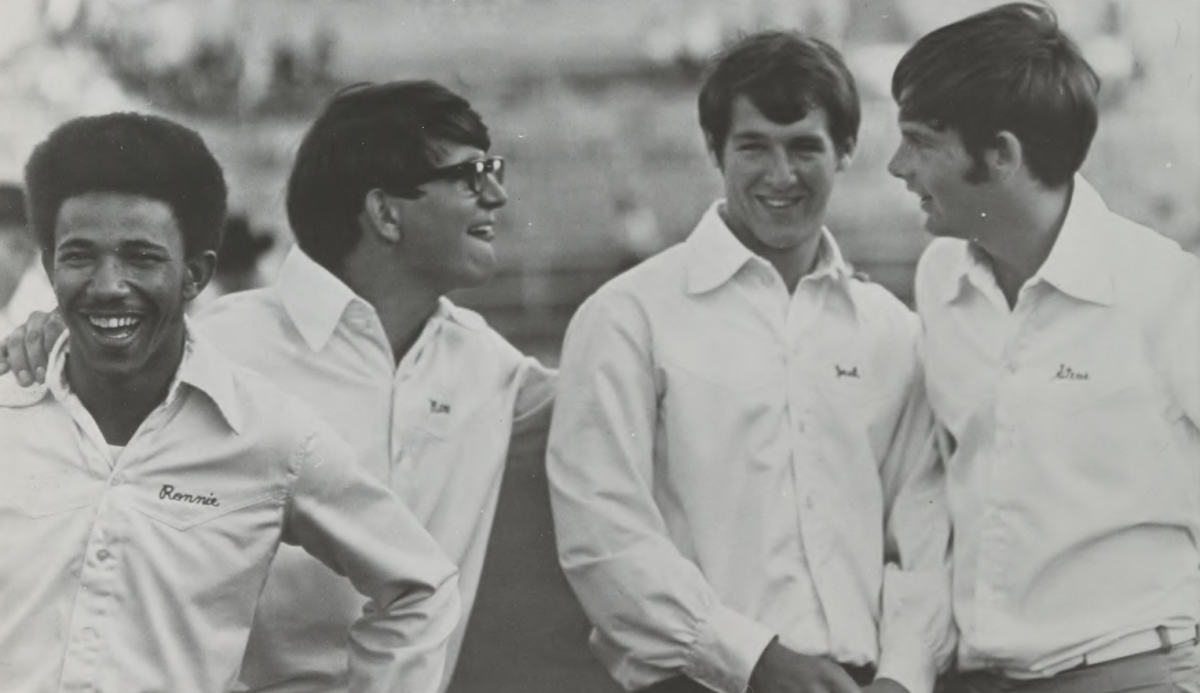TCU’s first Black cheerleader joined the squad in 1969, but it would be months before he could perform any routine with the white female cheerleaders. Less than a decade after TCU officially desegregated, Ron Hurdle’s presence stoked fears of interracial romance. His experience, which included death threats, will be discussed at 6 p.m. Wednesday at the Dee J. Kelly Alumni & Visitors Center. Details of Hurdle’s experience emerged during the oral history project started by Dr. Sylviane Greensword and led today by Dr. Jenay Willis. The oral history is part of an effort to collect stories from the community to expound on TCU history, said Dr. Karen Steele, a member of TCU’s Race and Reconciliation group. “By the end of the spring semester, we hope to have our first 20 or so interviews available to the wider public, as the TCU library is working to digitize and archive each interview,” Steele said. 
Categories:
Breaking barriers: a conversation with Ron Hurdle
By Miroslava Lem Quinonez, Staff Writer
Published Feb 7, 2024
More to Discover







